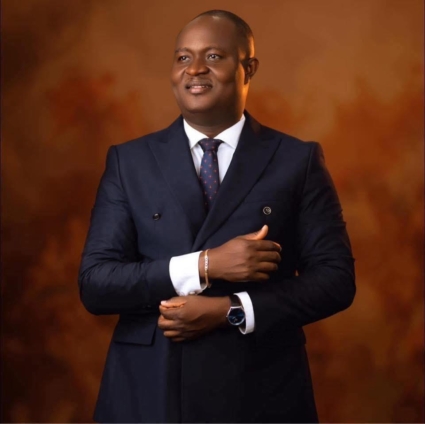Accra, Nov. 6, GNA – Health and legal experts are meeting in Accra to brainstorm on intellectual property laws that would ensure that essential drugs on malaria, HIV/AIDS and tuberculosis become available, accessible and affordable to large number of people.
Under the theme: “Increasing Access to Medicines in Ghana; The Role of WTO/ Trade Related Aspects of Intellectual Property (TRIPs) Flexibilities,”
the two-day workshop has attracted think-tanks from local and international pharmaceutical companies, experts from the World Health Organisation (WHO), World Trade Organisation (WTO) and representatives from the donor communities.
Opening the workshop, Major (Rtd) Courage Quashigah (Rtd), Minister of Health, said reducing the burden of diseases, which were more pronounced in African countries south of the Sahara required major concerted efforts.
“A significant component of that effort must be to make effective drugs accessible to people at risk,” he said.
Major Quashigah said staggering inequities existed in access to medicines, adding that growing resistance to medicines in developing countries was affecting prevalent infectious disease. Citing WHO sources, the Minister said some known therapies for some diseases of common occurrence in the developing world may soon become irrelevant because of the widespread development resistance development. Major Quashigah said in many cases, lack of resources had forced countries to continue the use of drugs whose effectiveness was known to be poor.
He pointed out that government and the international community had an obligation to see to the right of the people to health. This, he said, included the responsibility for disease prevention, treatment and control as well as the creation of conditions to ensure access to health.
Dr Elias Kavinah Sory, Director General, Ghana Health Service, said essential medicine saved lives and improved health but “only if they are available, affordable and properly used”.
In a WHO report, Dr Sory said one-third of the world lacked access to essential medicines, adding that, in Ghana a survey put expenditure on medicines as a percentage of total household expenses at 60 per cent.
Dr Sorry noted that the prices of many essential medicines remained too high in relation to local purchasing power stressing that for the sustainability of the National Health Insurance Scheme, prices and rational prescribing remained key areas that needed to be looked at.
He called on the participants to strive to build strategic alliances that could create appropriate policy framework, which in turn would help increase access to good quality essential medicines and diagnostics that would improve health care.
Lepowura M.N.D. Jawula, Chief Director, Ministry of Health, lauded scientists in the country for the health delivery system and tasked them to explore alternatives in medicines available.
Mr William Ofori, Chairman, Association of Representatives of Ethical Pharmaceutical Industries, expressed concern about the inability to find new treatment for tuberculosis. He therefore called for collaboration between local companies and multi national companies in order to produce quality but affordable drugs for all. 06 Nov. 07
Source: GhanaWeb










